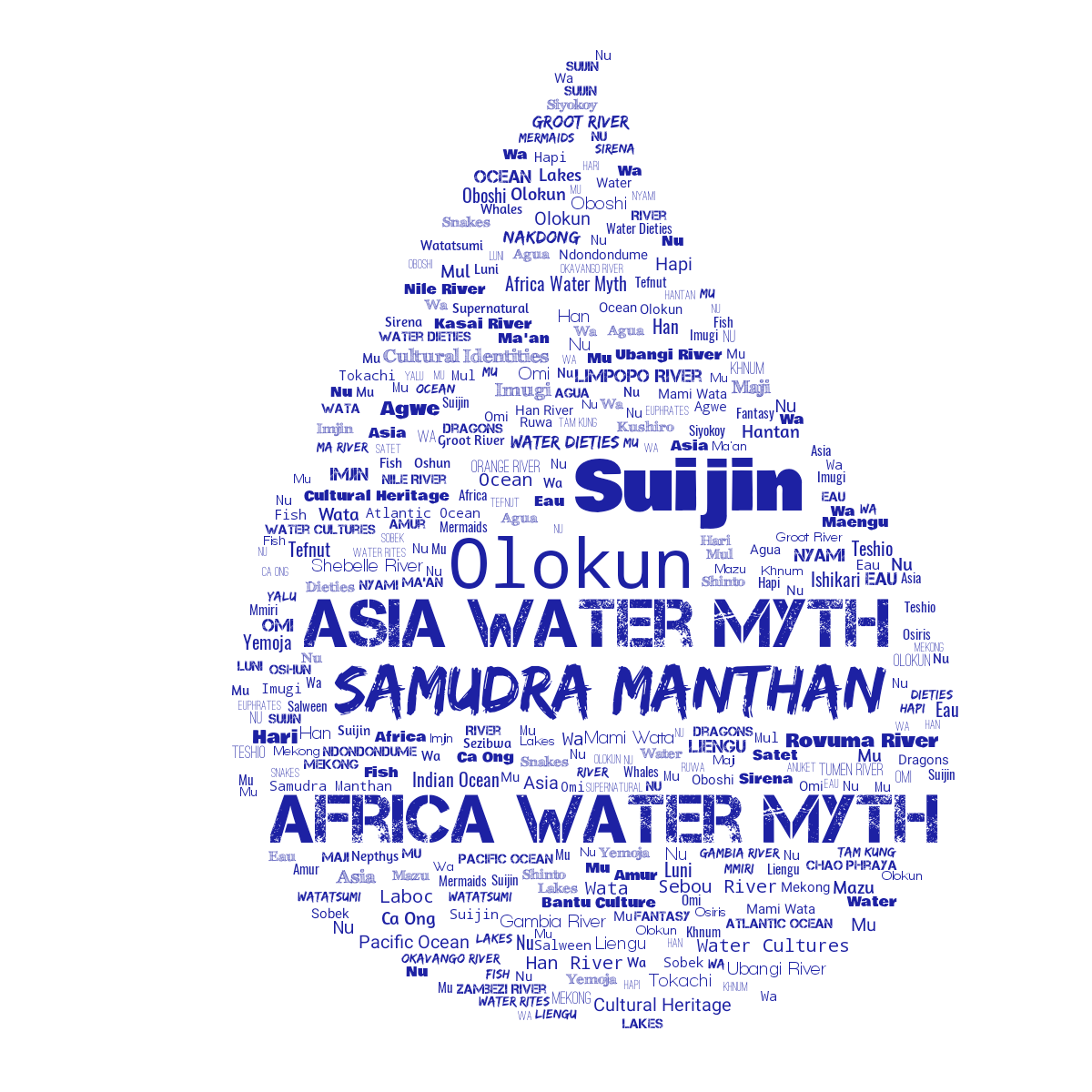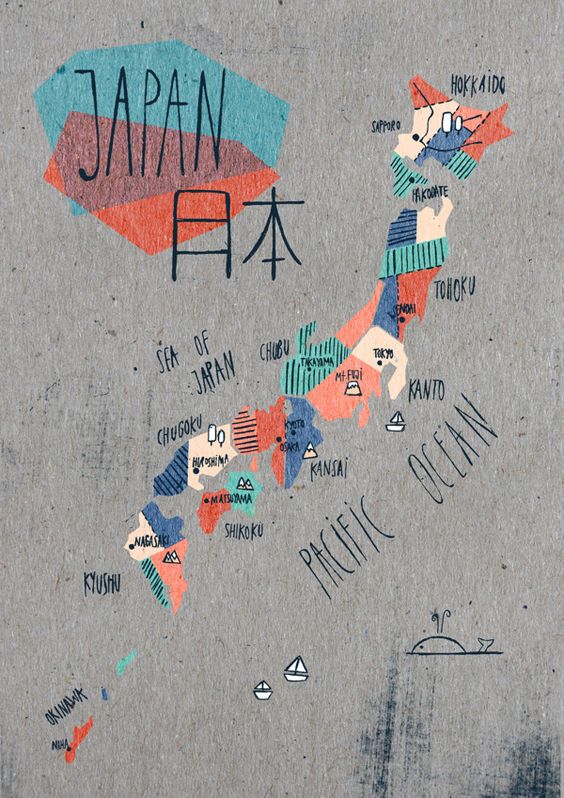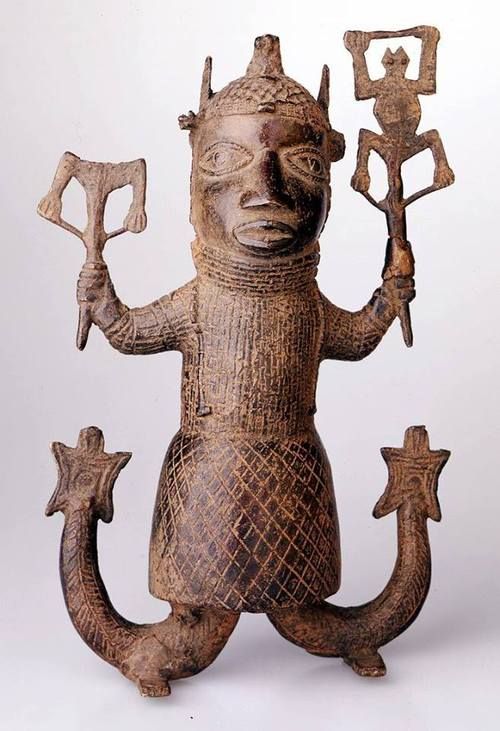Folklore & Mythology
Last time on Folk & Mythology, I spoke about the result of the uninterrupted imagination birthing folklore and mythology. This birth of the uninterrupted imagination shapes the identity of people. It allows us to understand a society's traditional identity but more importantly their understanding of relating to other groups.
What happens to the interrupted imagination of a society after colonialism or war?
Have you observed the prevalence of Western folklore and mythology in Asian and African Spaces?
What about folklore and mythology from Africa and Asia in Western Spaces? Do you remember learning about panchatantra stories? What about Bantu fables?
“What are the consequences from ”modernization” and technology towards societies that abandon traditional folklore and mythology? ”
Asian countries have made significant strides to celebrate their folklore and mythology out loud in public spaces. They do not feel "uncivilized" or that their "salvation" might end.
THAILAND
Suvarnabhumi Airport Bangkok, Thailand (Departure Gate)-Samudra Manthan
(The Churning of the Ocean of Milk)
A Short Video on how just how this started
Folklore and Mythology are part of a society's cultural heritage and play a role in the branding of the country. Developed countries have mastered the art of making their mythology and folklore romantic and marketable to the global community.
Snow White, a Germanic classic fairy tale is currently marketed to young girl as this:
However, this is the Original Story of Snow White
Disney World has mastered the art of marketing European Folklore and Mythology in Western spaces and in Asia with locations in Japan and China. However there are no such theme parks in the West, or in Asia and Africa that continuously promote the folklore or mythology from those spaces. Disney World resorts worldwide allow guests to meet Snow White, Ariel and even sleep in Cinderella's Castle. Disney World resorts in 2016 made a profit of $4.6 billion dollars.
The Cinderella Castle Suite at Walt Disney World.
“Should we blame Cultural Cringe for the absence of theme parks that promote folklore & Mythology originating from Africa & Asia?”
SPIRITS & DIETIES OF THE OCEAN: JAPAN & NIGERIA
JAPAN
As most stories found in mythology and folklore often begin, it stems from the imagination’s desire to survive and create a habitable world in this life and the afterlife. Without further ado, here are the Gods of the Ocean from Nigeria and Japan.
SUIJIN(SUITEN-水天), GOD OF WATER IN JAPANESE shinto MYTHOLOGY
Suijin in Shinto mythology is the force found in water. This force manifests sometimes as a snake, whale or fish and has a pair of funa fish as messengers. Suijin is part of the divinity force that makes up the shinto divinity of water. This manifestation can be found in ocean, lakes, ponds and is god or goddess to all mythical creatures found in bodies of water. Suijin is also prayed to by expecting mothers to be during childbirth. This force is also charged with the responsibility of fertility, motherhood, and easy childbirth. It should be noted that Suijin is described as male or female .
NIGERIA
OLOKUN-NIGERIAN-THE YORUBA GOD(GODDESS) OF WATER
Olokun Seniade
I grew up knowing this entity as a God(shaped like a merman) but there are populations that refer to this entity as a goddess. As our mentioned Japanese counterpart, he is expected to help women conceive. He appears as a mudfish as well as a black mermaid. Olokun is a manifestation known as a Orisha. Orisha's are manifestations of the universal GOD known as Olorun. He is also responsible for all mythical creatures found in bodies of water.
Olokun Festival
There is a profitable market for the commercialization of cultural heritage tangibles and intangibles such as folklore and mythology unfortunately African countries have not mastered the art of this unique form of branding.




![temp[2932].png](https://images.squarespace-cdn.com/content/v1/58feb00686e6c0d9650eacf5/1503450718004-M4RKQ11AT5POS2RYFZWT/temp%5B2932%5D.png)










![temp[6713].png](https://images.squarespace-cdn.com/content/v1/58feb00686e6c0d9650eacf5/1510660278001-15432FNOQAZKU482FJTZ/temp%5B6713%5D.png)
![kindnessdY2[6723].jpg](https://images.squarespace-cdn.com/content/v1/58feb00686e6c0d9650eacf5/1510660347206-EO2BJRO0ILA7JSYPAVWT/kindnessdY2%5B6723%5D.jpg)
![WKIND3[6724].jpg](https://images.squarespace-cdn.com/content/v1/58feb00686e6c0d9650eacf5/1510660370862-9F1EIYSC9NS4ZBKCK2QW/WKIND3%5B6724%5D.jpg)
![kindness day[6722].jpg](https://images.squarespace-cdn.com/content/v1/58feb00686e6c0d9650eacf5/1510660399979-F74QK361JDBUK0JA5LAL/kindness+day%5B6722%5D.jpg)

